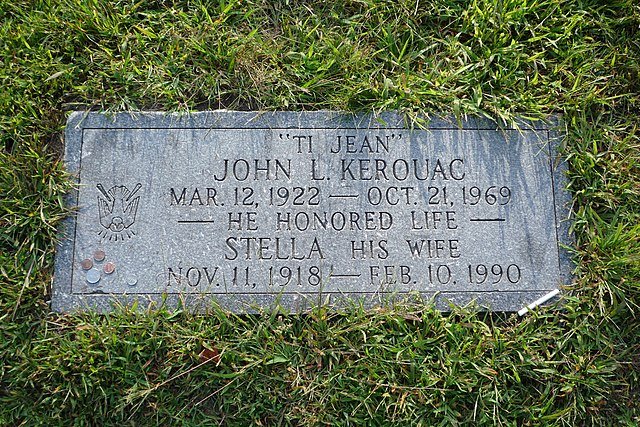Martin Luther King Jr. Day, celebrated the third Wednesday of January, recognizes the birth, life, and work of Dr. Martin Luther King, Jr., born January 15, 1929. For more background information on the legal history of this federal holiday and resources for accessing Dr. King’s works, check out these past Ex Libris Juris blog posts:
Read moreHISD Chávez-Huerta Día/Day
Hoy, 28 de marzo, es un día feriado para los estudiantes y personal del Distrito Escolar Independiente de Houston (HISD) que conmemora el legado de activistas César Chávez y Dolores Huerta.
Today, March 28, 2022, is a holiday for students and staff of the Houston Independent School District (HISD) that commemorates the legacy of civil and labor rights activists César Chávez and Dolores Huerta.
Read moreGideon’s Legacy
On March 18, 1963, the United States Supreme Court ruled in Gideon v . Wainwright that the Sixth Amendment’s guarantee of counsel in criminal cases is a fundamental right, essential to a fair trial, as provided by the Due Process Clause of the Fourteenth Amendment to the United States Constitution. The court battle leading up to this ruling was truly a case of David v. Goliath. In recent years, there has been a push to advocate for a “Civil Gideon” – the right to legal counsel in civil cases. If Civil Gideon should ever come to pass as a universal Constitutional right, the legacy of Clarence Earl Gideon, whose own case was decided on this day 59 years ago, would be fulfilled for all so that “justice should be the same, in substance and availability, without regard to economic status” and irrespective of the type of offense.
Read moreThe Beat Goes On: Kerouac at 100 and the Battle Over His Estate
March 12 marks the 100th birthday of literary legend, Jack Kerouac. Though he died in 1969, his legacy as “King of The Beats” lives on. Today, his estate is worth millions, and the complicated fight for his fortune more than 70 years after his death is still unresolved. It’s fraught with familial infighting, righteous desperation, and outright greed, as well as an allegedly suspect signature on Kerouac’s putative will.
Read more80th National Pearl Harbor Remembrance Day
On the morning of December 7, 1941, the Empire of Japan attacked U.S. military and naval forces based in Pearl Harbor, Oahu, Hawaii. Often regarded as the event that marked the United States’ entry into World War II, President Franklin D. Roosevelt addressed a joint session of the U.S. House one day after the attack and asked Congress to declare war on Japan in his landmark “Day of Infamy” speech. that same day, Congress passed a joint resolution declaring war on Japan. Three days later, Japan’s allies Germany and Italy declared war against the United States. Congress then declared war on the Axis powers on December 11, 1941, and the United States entered World War II.
Read more



